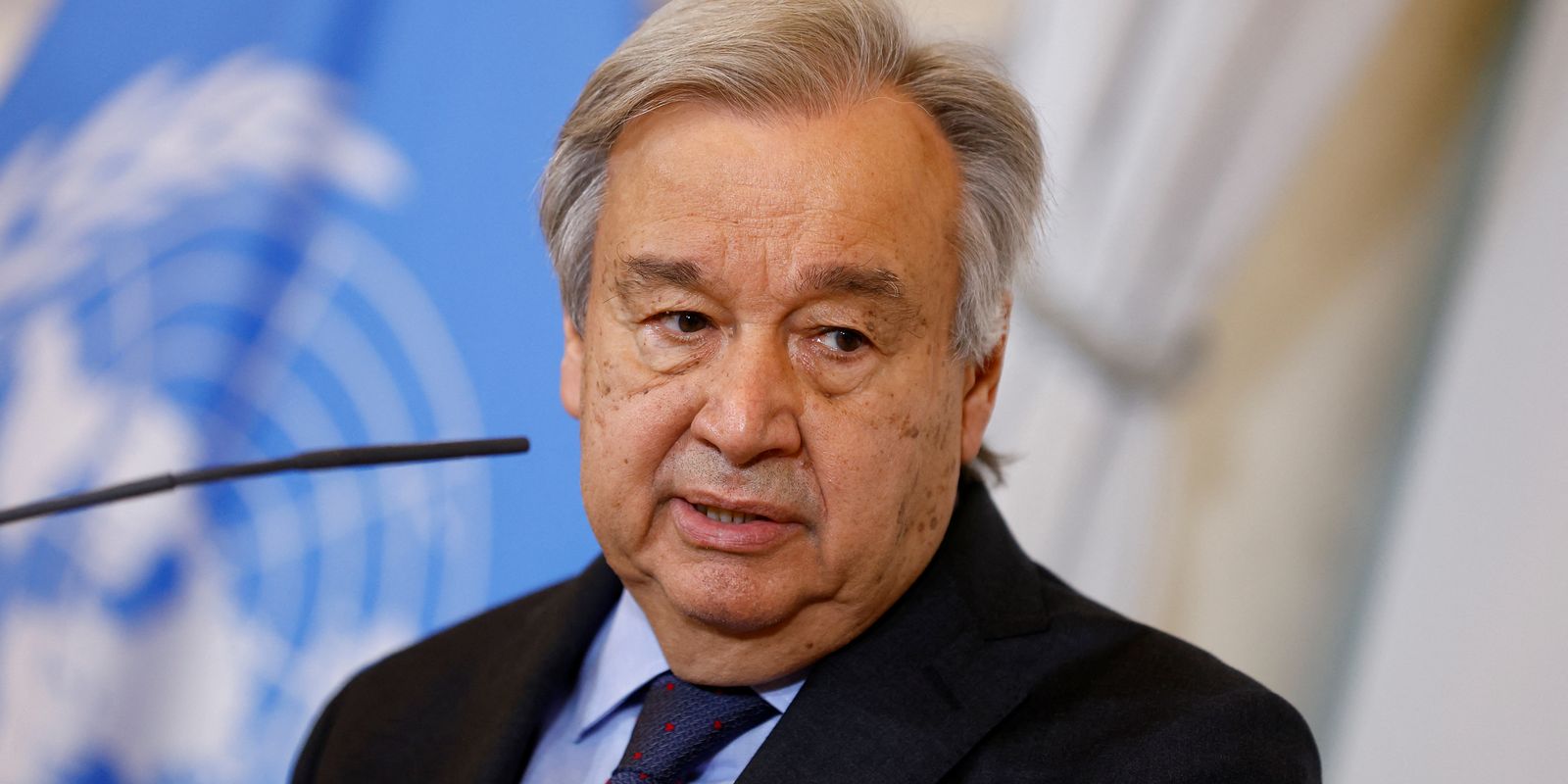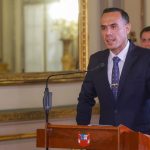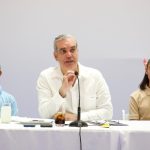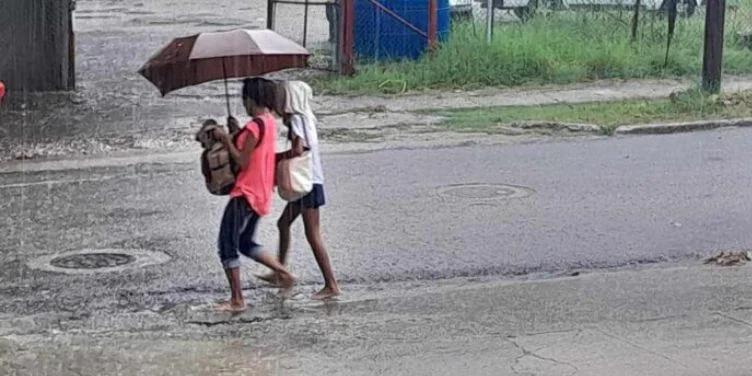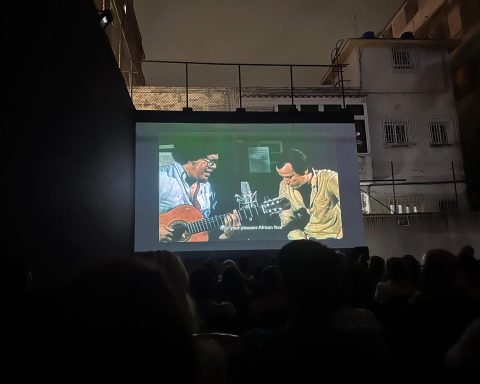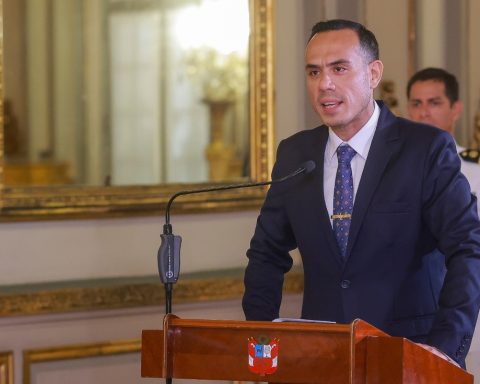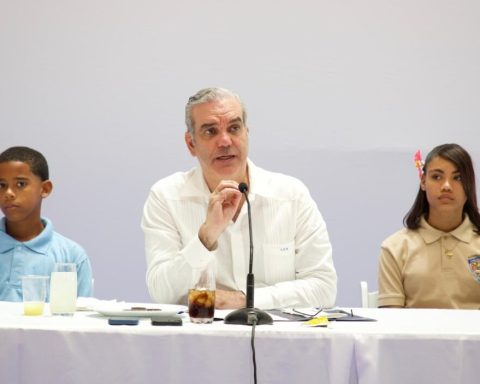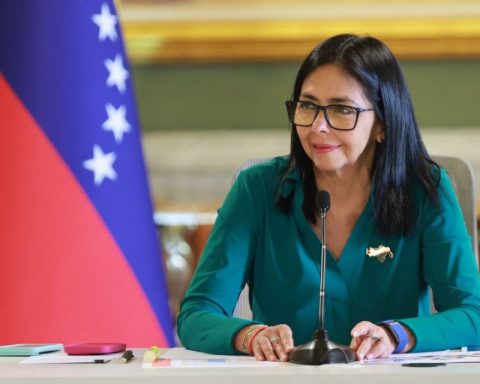The 16th edition of the Conference of the Parties to the United Nations Convention on Biological Diversity (COP-16) begins this Monday (21) in Cali, Colombia. The meeting takes place until November 1st and has the theme of Peace with Nature.
“We all have a role to play. Indigenous peoples, businesses, financial institutions, local and regional authorities, civil society, women, young people and academia must work together to value, protect and restore biodiversity in a way that benefits everyone.” , declared the secretary-general of the United Nations, António Guterres, in a message for the International Day of Biological Diversity, to be celebrated on the 22nd.
It will be the first Biodiversity COP after the structuring of the Kunming-Montreal Global Framework (GBF – Global Biodiversity Framework, in English), signed by 196 countries in December 2022, during the last meeting led by the Chinese and held in Canada. The document brings together 23 global goals to be achieved by 2030 in search of the regeneration of the entire set of life on Earth.
Brazil
In this edition, debates are expected on the alignment of the National Biodiversity Strategy and Action Plan (NBSAP – National Biodiversity Strategies and Action Plans, in English) by countries with the GBF. The Brazilian version was prepared for the period from 2010 to 2020, published in 2017, and dealt with the Aichi Targets, approved at COP-10, in Japan.
According to the national secretary of Biodiversity of the Ministry of the Environment, Rita Mesquita, although discussions on updating the EPANB in Brazil have not yet been exhausted, the proposal is quite advanced and the public policies adopted by the federal government are already aligned with the international commitment assumed by Brazil.
“At this COP-16, we are taking a series of initiatives that we hope to be able to publicize and from them build exchanges, interactions, partnerships and even new understandings. And may these understandings draw from our experience”, he says.
According to Rita, this is the case of the National Plan for the Recovery of Native Vegetation, a central part of the Climate Plan, which in turn brings together actions for biodiversity and combating climate change, in a movement that has been defended globally by Brazil.
According to the Secretary of Climate, Energy and Environment of the Ministry of Foreign Affairs, Ambassador André Corrêa do Lago, there is already an international movement for Brazil to lead the union of the two themes in global debates and for this to occur in 2025 at the COP -30, in Belém, Pará.
“We are totally convinced, as the Brazilian government, that we have to unite as much as possible in dealing with these issues. So, those who are more focused on the climate also have to realize how this issue of biodiversity is an absolutely essential topic.”, he highlights.
Financing
Just like in COP-29which will debate the climate in November in Azerbaijan, the topic of financing should also be highlighted in Cali. The Kunming-Montreal Global Framework itself already foresees the value of US$200 billion annually to finance global biodiversity conservation efforts.
According to there are annual targets established, within this total amount, which would be the mandatory part of financing from developed countries to developing countries, but the report from the Organization for Economic Co-operation and Development (OECD) points out that only 23% of these targets were met. in the first half of this year, for example.
For the director, in addition to meeting the goals, a debate will also be necessary on transparency in the application of these financings. “There are other calculations that are being made by organizations, including civil society, because there is a perception that there may be what we call double accounting, that what is being accounted for by the OECD, in fact, are other projects that end up also benefiting biodiversity, but in reality they are projects for climate or social development”, he explains.
Bottom
Brazil should also participate in the discussion on the efficiency of the Global Biodiversity Framework Fund (GBFF, in English), managed by the Global Environment Facility (GEF, in English), as form of financing. According to Maria Angélica, in the first half of this year only 1% of what was planned was transferred.
“We are actually open, with a slightly more modern view on environmental financing. We accept funding from various sources and are very engaged in this dialogue, but what we would like to see is greater leadership from developed countries”, he highlights.
Genetic resources
The creation of a multilateral mechanism that brings together genetic sequences digitally, ensuring a fair distribution of the benefits generated by their patents, as provided for in the Convention on Biological Diversity, is another debate in which Brazil will be present, according to the director of the MRE.
“The idea is that he [o mecanismo] also be provided with a fund, that the users of all those genetic codes, which are spread across various databases around the world and the origin of a large part of them is not even known, that the use of these codes, when they generate benefits, they go into a fund that will also benefit developing countries, megadiverse countries”, he concludes.
* Text updated at 1:05 pm. COP-16 will be held until November 1st, not October 1st, as previously reported.
